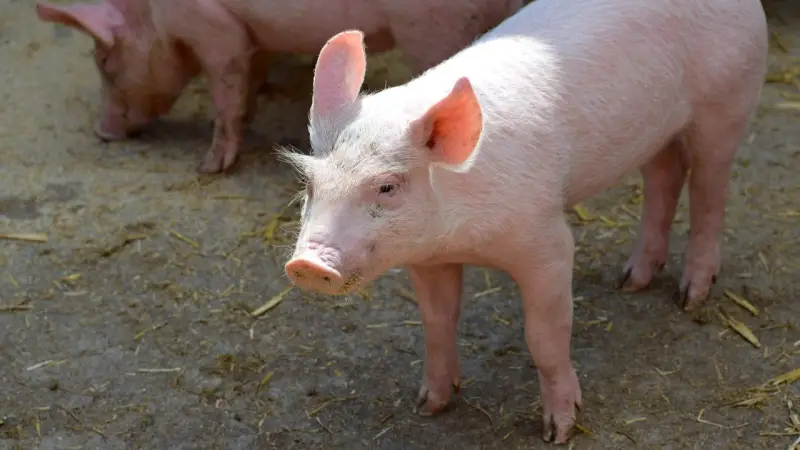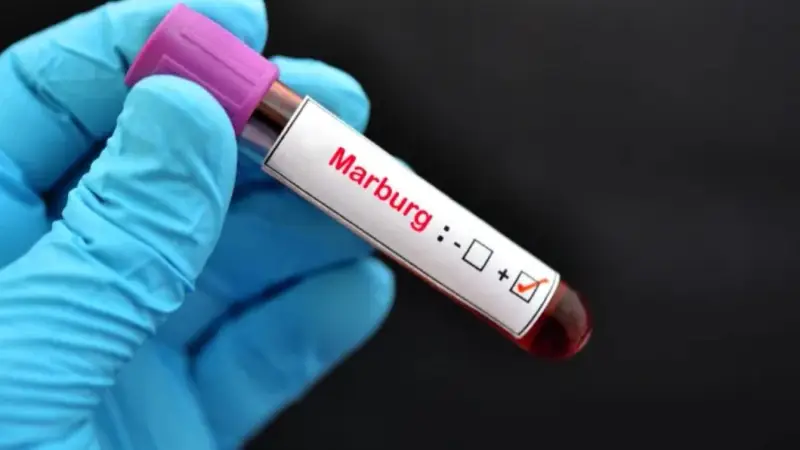
Immune Rejection
These findings were announced during an online press conference held by the research team and published in the scientific journal Nature. Professor Robert Montgomery of New York University said:
* “We were always focused on the patient’s immune response, but it turned out that the organ itself participates in the rejection process.”
* “Innate immune cells in the transplanted kidney begin to interact with the surrounding human tissue, and this was surprising.”
Pig Kidney Transplant
The first experiment of this type dates back four years, when doctors transplanted a genetically modified pig kidney into a brain-dead patient. This was followed by nine similar experiments that helped determine the optimal combination of immunosuppressant drugs and the safest transplant procedures.
Recently, researchers completed the longest experiment to date, in which the performance of the transplanted kidney, the patient’s immune status, and vital parameters were monitored for 61 days. During this period, there were two episodes of rejection, allowing scientists to understand the stages that precede these critical moments and how they affect kidney function.
Despite this, the kidney continued to perform its vital functions effectively, even after the two rejection episodes, reinforcing the hope that pig kidneys can operate for extended periods inside the human body without radical modification of the DNA, once the problem of immune compatibility is resolved.
Montgomery also pointed out that the study identified a specific group of T-cells in the patient’s body that interact with an antigen that is still unknown.
(Agencies)

















